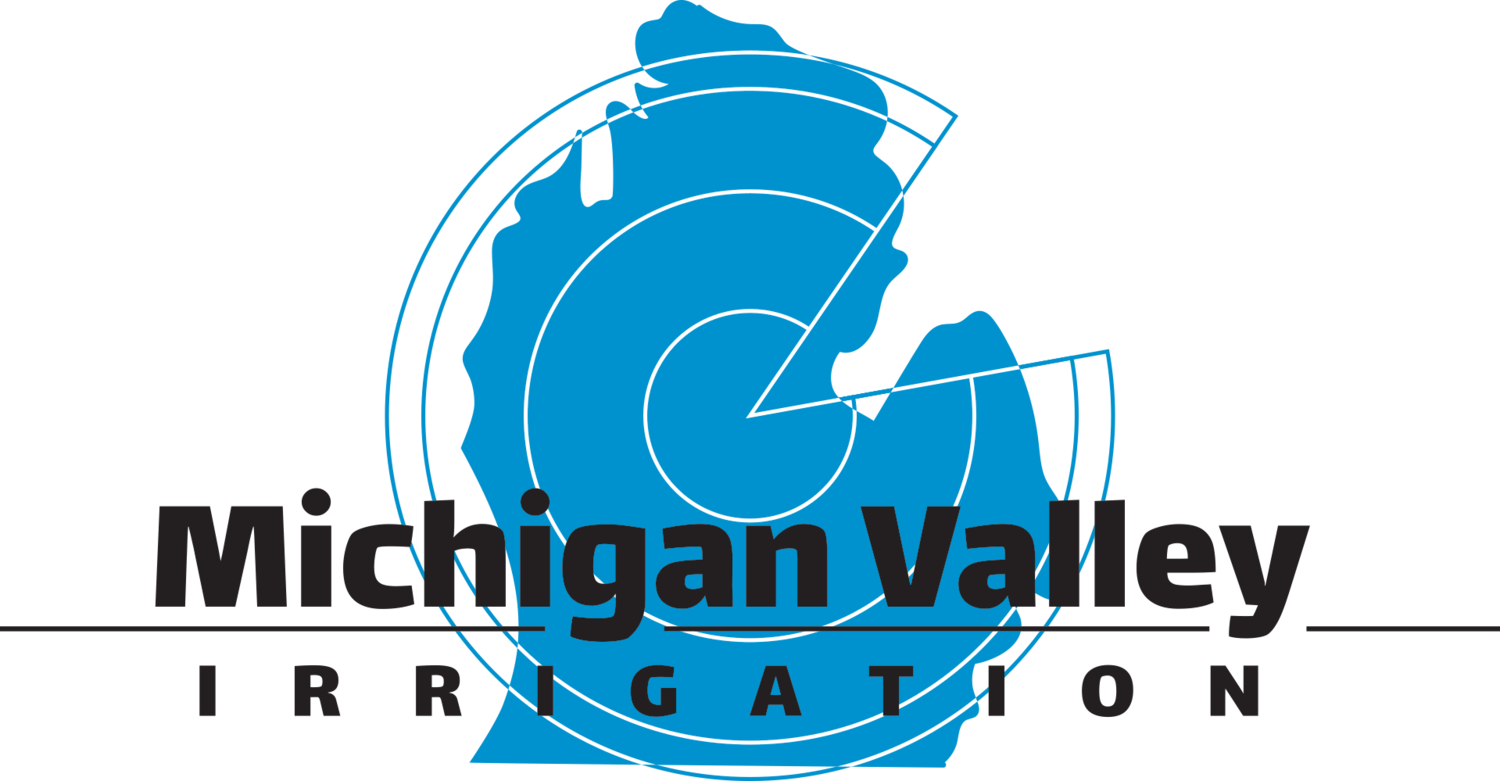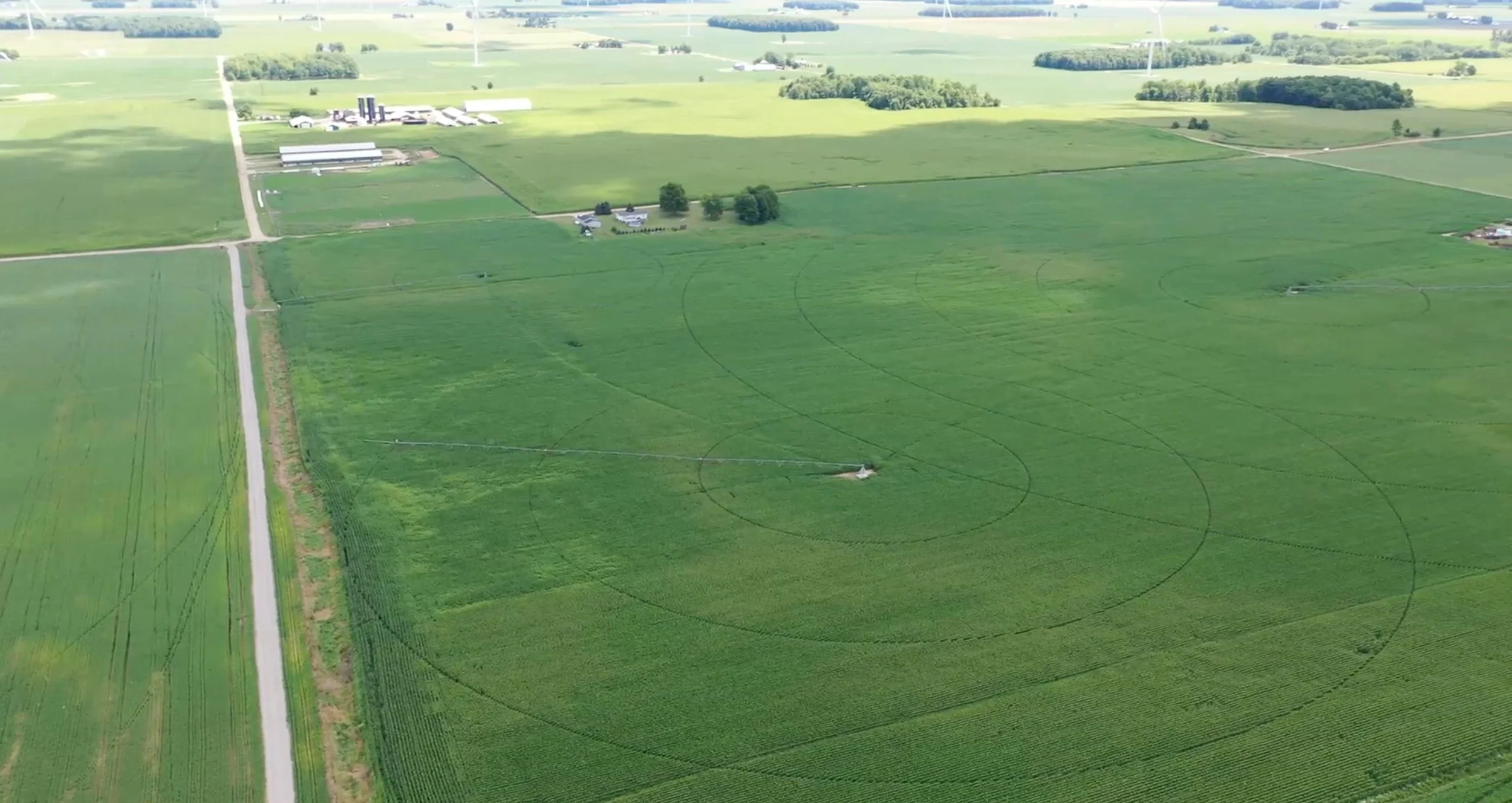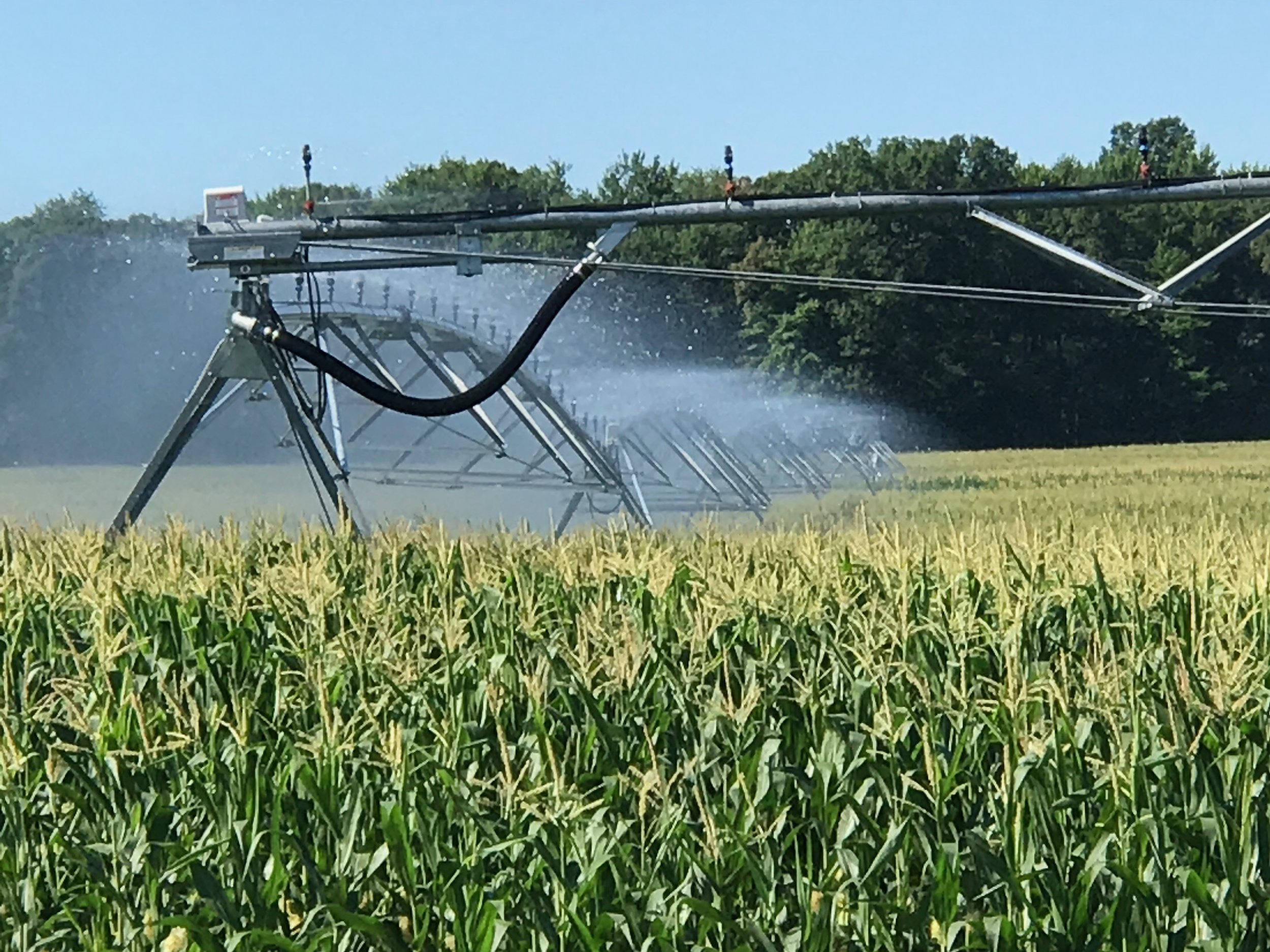Successful Farming
Keys to Winning
Winning at the game of farming is no easy task. There is no score card, referee, judge, timeclock or TV announcer. The game is becoming much less popular, as the number or teams and players continues to shrink. So how does it get measured? When can you tell if you are a winner?
Some organizations make efforts to recognize members for their achievements or time in business. These are nice and generally well deserved but don’t really do much to guide others in their search for success. How do you become a better farmer and when do you know you are winning?
I believe there are 6 common threads, at least of some of which are present on farms that have had measurable success during their time in business. While measuring success may be nearly as difficult as achieving it, I will take a stab at that as well.
My 6 keys to winning at the game of farming are:
(I consulted with several successful farmers in preparing this list)
Personal Drive
Land Base
Continuous Learning
No Fear of Failing
Good Relationships
Good Water Access
Personal Drive
Drive is a personal trait that gets one out of bed every morning with goals and aspirations that keeps you going when others quit. You push yourself without a whip or prod and look ahead with determination. Setbacks and disappointments are present in the farming occupation, but one must press on and persevere. A 40-hour week by Wednesday, hardly noticed. Without drive, I recommend you punch a clock and find a place to get paid to perform a specific task. If you have it, you’ll know it.
Land Base
Acquiring control of a land base is also a common thread of most successful farmers. While it is not always owned, ownership adds another level to the value of this asset. When owned, you not only operate and reap the benefits of production, but it also provides a stable financial asset favored by nearly all lenders. Ownership does not have limits on ways in which you may decide to alter or utilize the full scope of resources land can provide your farm. A large, proximal, land base offers efficiency, stability, familiarity, and long-term equity growth that few other assets can match. Your land is the key asset passed down to the next generation of most family farms. Whether it is inherited or acquired piece by piece over your career, land acquisition is an important element in nearly all successful farms.
Continuous Learning
School’s out for the summer was a popular tune several decades ago but couldn’t be more wrong for young aspiring farmers. The learning ramped up every day I worked during the summers on our family dairy farm. Sometimes the lessons were hard, and expensive, but not soon forgotten. Clipping the power pole and breaking the disc while in a hurry to get home for a special event, cost a good part of a day to repair. Better to take your time and be a few minutes late. Every day is an opportunity to learn and with today’s technological advancements coming at an alarming rate, keep your eyes and minds open. We will all have some areas that are more challenging than others, but grandpa’s way may no longer bring the best results. So, we walk the line between, if it ain’t broke don’t fix it and trying every new idea and app that pops up on the internet. Be discerning, but open to new concepts and practices that apply to your farm. Build your personal network and share ideas with neighbors. Attend farm meetings, trade shows and read publications, newsletters, blogs and other pertinent sources. Get involved in organizations which support enterprises in which your farm is involved. Learn something new every day!
No fear of failing
This skill is easier said than done. Think about all the things you have very little control over, like the weather, the markets, the cost of fuel. Not sure about a new seed variety or tillage practice? Try some of it, document the results and learn from it. This is really an extension of never stop learning. If we can learn from our “disappointments”, we can count them as paid for education. Okay sports fans let’s talk baseball. The best hitters in the history of the game failed nearly 70% of the time. They are in the hall of fame. While there is a wealth of information out there and growing at an increasing rate, there is no manual for operating “Your Farm”. You’re going to have to try somethings that you do not know how it will work, and the rules change every year. Manage risk, but don’t try to eliminate it. Gains and progress will suffer.
Good Relationships
Your approach to relationships will be key to success. Being positive, clear, and respectful are important. You cannot operate in a vacuum because you need things from others. Whether it’s money, inputs, advice, help or a market for your product, there is very likely going to be another human being involved. In most cases your approach and demeanor while working with people will have a significant impact on their approach and response. On most farms this starts with family members, then employees and then on to the outside world of bankers, vendors, neighbors, services, markets, government agency employees and a wide variety of other people. Bad relationships increase challenges, cost time and money and eventually may have a negative impact on our health. Running over people may save you a few bucks on a transaction, but you will likely pay the price over time. Build bridges, not fences whenever possible.
Good Water ACcess
A farm without water will not produce. All living things need water to survive, let alone prosper. Got livestock? You need a fresh water supply every day. Got plants? You need water too. Too much water can be bad, but not enough water is generally worse. What about irrigation? Is it necessary? Is it good insurance?
While every farm is different, water is one of the controllables. If you manage your controllables well, you will be on the plus side of the equation. Michigan gets enough precipitation to meet the needs of most all crops. But…. History has shown that it is very infrequent that enough rain arrives during the growing season. Rainfall is historically below crop needs during key growth and yield determining weeks. If you do everything at a very high level and provide all the inputs needed for your crop to produce a profitable yield and you have insufficient rain, much of your input expense will not be recovered. So, necessary most years. Good insurance? Definitely.
Some good math skills, a grasp on basic physics, and having a knack for operating and repairing mechanical equipment would also be a big plus.
Are you winning?
There is no universal scorecard, and our values vary. So how do you know? Try answering the following questions, honestly.
Are you hitting or approaching the goals you have set? (No goals – Bad Start!)
How do your production records compare to similar farms with common enterprises?
Do you have open markets and good relationships with your existing markets?
Are your vendor relationships stressed or comfortable?
Are communications with your family, partners and employees open and with minimal stress?
What about the finances? Are they on a general upward trend, building equity and reducing debt? What does your banker tell you?
Are you able to make the decisions you want to make as opposed to decisions you must make?
Only you will know for sure. If you can honestly walk through the above questions with generally positive answers and are excited about hitting it hard tomorrow, congratulations!! You just might be headed for that hall of fame.
ABOUT THE AUTHOR
Pete is the marketing manager for Michigan Valley Irrigation, having joined the company in 2016. He was raised on a dairy farm in western New York and graduated from Cornell University with a B.S. in agricultural economics. His entire working career of over 37 years has been involved in agriculture. A farmer helping farmers. When away from Michigan Valley he operates, Joyful Noise Farm, a small livestock and produce farm and spends time with his family.











